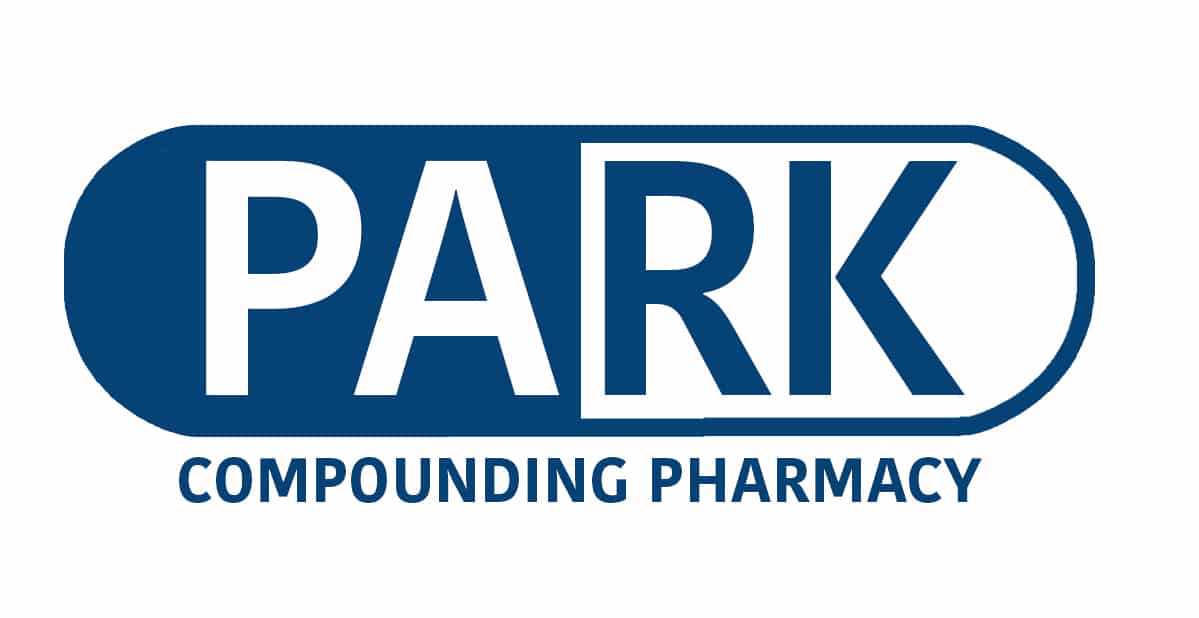← Back to Blog
Tretinoin for Stretch Marks
12/11/2019
Tretinoin is a vitamin-A derivative that has been available for many years. It is known for being able to treat a variety of skin conditions effectively and safely. Most frequently it is prescribed for acne but it may also be used to treat melasma, hyperpigmentation, sun spots, fine lines/wrinkles, and more. One of the more difficult-to-treat skin complaints – stretch marks – may also be helped with topically applied tretinoin…
Read Full Article
Hydroquinone Tretinoin Creams
11/09/2019
While lightening treatments like tranexamic acid cream are gaining in popularity, hydroquinone remains the standard treatment for hyperpigmentation of various causes. Certain over-the-counter products like Porcelana cream contain hydroquinone in low concentrations – usually around 2%. The higher concentration creams with 6%, 8%, or 10% hydroquinone in combination with other ingredients can only be obtained from a compounding pharmacy. In addition, a compounding pharmacy can make customized creams with several…
Read Full Article
Actinic Keratoses Topical Treatment
27/07/2018
Actinic keratoses (AKs) are lesions on the skin caused by exposure to UV rays. These precancerous lesions have the potential to become squamous cell carcinoma. AKs can be caused by unprotected sun exposure or from using a tanning bed and are commonly found in patients over 65. They occur most frequently on the face and the back of the hands but can be found on any area of the skin.…
Read Full Article
Dermatology Compounding
15/03/2018
Products that Are Not Commercially Available Dermatologists are frequent prescribers of compounded creams. There are many combinations of ingredients that can be made by a compounding pharmacy that are not commercially available. Higher-strength ingredients can be used including in hydroquinone creams and chemical peels. A compounding pharmacy makes medications that have been discontinued, are experiencing shortages, or are not available in the United States. Combination drug products are available to…
Read Full Article
Hydroquinone Prescription Creams
08/12/2017
Hydroquinone is an effective lightening agent used by dermatologists and aestheticians. A hydroquinone cream is sometimes referred to as a “bleaching cream” because of its ability to lighten skin tone but there is no bleach in any of these products. While there are lower-strength versions of these creams available over-the-counter, the higher strengths are only available with a prescription. Additionally, the highest strength that is commercially available with a prescription…
Read Full Article
Compound Anti Aging Prescriptions
15/09/2017
Aging of the skin combined with symptoms of hormone decline can lead to feeling aged before being old. Premature aging of the skin can result from years of exposure to UV rays, smoking, and bad skincare habits. With age comes diminished levels of collagen in the skin, which can cause wrinkles and volume loss. Production of hormones also slows with age, which can lead to uncomfortable symptoms. There are multiple…
Read Full Article
Rosacea Cream
16/08/2017
Rosacea flare-ups are caused by certain triggers that can be environmental, chemical, or emotional. Sun exposure, spicy food, and blushing can all lead to prolonged facial redness but triggers vary between individuals. While finding these triggers and avoiding them is an essential part of managing rosacea, medications are usually prescribed as well to get flare-ups under control. A rosacea cream is the most commonly used treatment along with laser and…
Read Full Article
Tretinoin Cream for Acne
19/07/2017
Tretinoin, also called retinoic acid, is in a group of drugs called retinoids that have been proven to be effective at treating a variety of skin conditions and in reducing wrinkles. They are frequently prescribed by dermatologists for treating acne, psoriasis, skin damage, and signs of aging. Acne in particular is a common disease that accounts for much of tretinoin’s use in dermatology. It has been a mainstay in acne…
Read Full Article
What is the Best Melasma Cream?
03/05/2017
Is There a Melasma Cure? Melasma is a skin condition that results in patches of brown and gray hyperpigmentation on the face and sometimes other parts of the body. The condition is common in women, especially those who are pregnant, with only about 10% of individuals with melasma being men. While the condition has no cure, there are both preventative measures that can reduce the risk of flare-ups and effective…
Read Full Article







